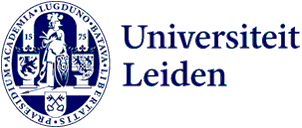Tanja Masson-Zwaan: Still no obligation to clear up space debris
Space travel has long since progressed from being just about rockets, travelling to the moon, and Russia and America. The Netherlands has its own Space Agency and one of its important tasks is collecting and making available increasingly advanced satellite data.

This data can provide solutions for all kinds of problems in society, though few people are aware of this according to an article in Dutch opinion magazine HP/De Tijd. For example, legislation and regulations concerning space applications not only involve ‘Earth’ law, but also ‘space law’. Space law is becoming increasingly important as a result of the global rise in space applications, says Tanja Masson-Zwaan, Deputy Director of the International Institute of Air and Space Law.
It is remarkable that there is no agreement on what is covered by space law, since there is no international consensus on where air ends and space starts. This question has been an official agenda point for more than forty years at a special UN Commission, says Masson-Zwaan. 'This is a political issue that concerns national security and sovereignty.'
Sovereignty exists in the air. You cannot just fly across the air without having permission from a country. But such sovereignty does not exist in space. And in the area of space law, space debris is an important issue for the Netherlands, says Masson-Zwaan. 'More and more actors are launching more and more satellites. Elon Musk, for instance, is working on a constellation of tens of thousands of satellites. There is an increasing amount of space debris, while no clear obligation exists to clear it up. This is something that has been picked up by Dutch political party GroenLinks which submitted a parliamentary question on 11 January 2021 with the rather comical title ‘how much space is there in space’.
